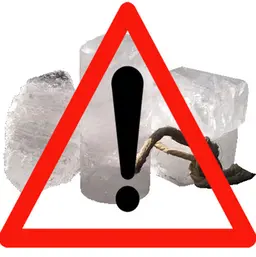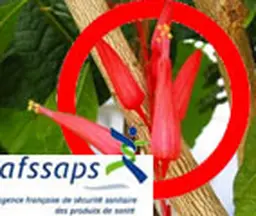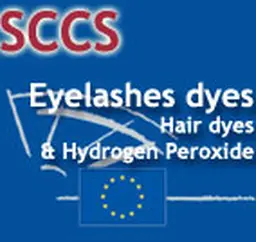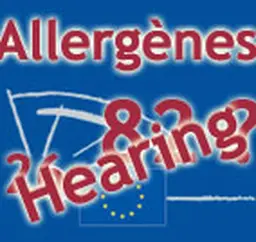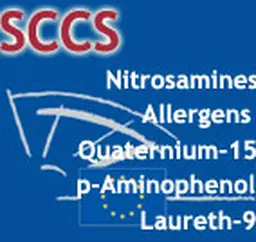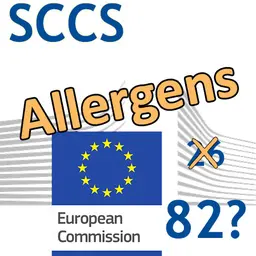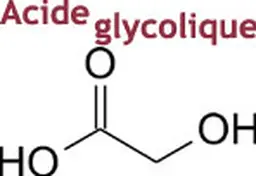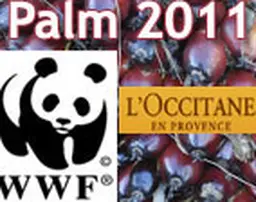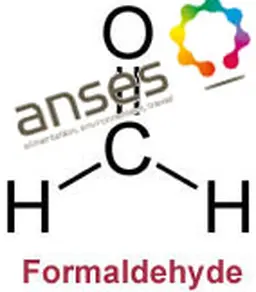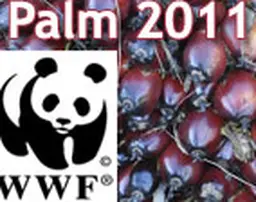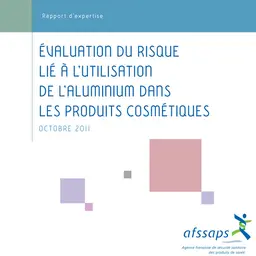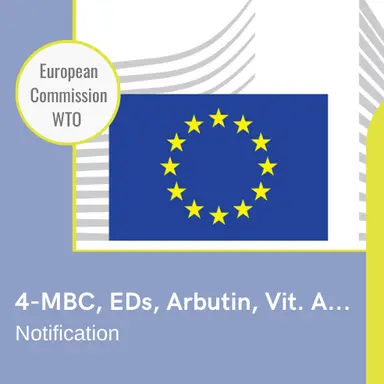
On 8 June 2023, the European Commission notified a draft Regulation amending the regulations on four types of cosmetic ingredients. These include a ban on a UV filter, the introduction of new restrictions on several substances due to their potential for endocrine disruption (including twe preservatives), and on vitamin A and arbutin compounds. The text is due to be adopted by the end of 2023.
Key points of the draft Regulation
• The UV filter 4-Methylbenzylidene Camphor, currently authorised up to 4%, is banned.
• Genistein and Daidzein, previously unregulated, are limited to 0.007% and 0.02% respectively.
• Kojic Acid is now only permitted at 1% in face and hand products.
• Vitamin A compounds (Retinol, Retinyl Acetate, Retinyl Palmitate) are limited to 0.05% in body lotions and 0.3% in other leave-on and rinse-off products (in retinol equivalent).
• Alpha-Arbutin’s conditions of use are restricted to 2% in face creams and 0.5% in body lotions, while Arbutin’s conditions of use are restricted to 7% in face creams.
• The maximum concentration of Triclocarban has been set at 0.2% in all cosmetic products, with the exception of mouthwashes, and Triclosan at 0.3% in toothpastes, hand soaps, body soaps/shower gels, deodorants (not sprays), facial powders and blemish correctors, and nail products designed to clean fingernails and toenails prior to the application of artificial nail systems. Both are banned in toothpastes intended for children under the age of 6.
• Products must comply with the new rules within 9 to 24 months, depending on the case.
Notification Date
8 June 2023
Products covered
Cosmetics

